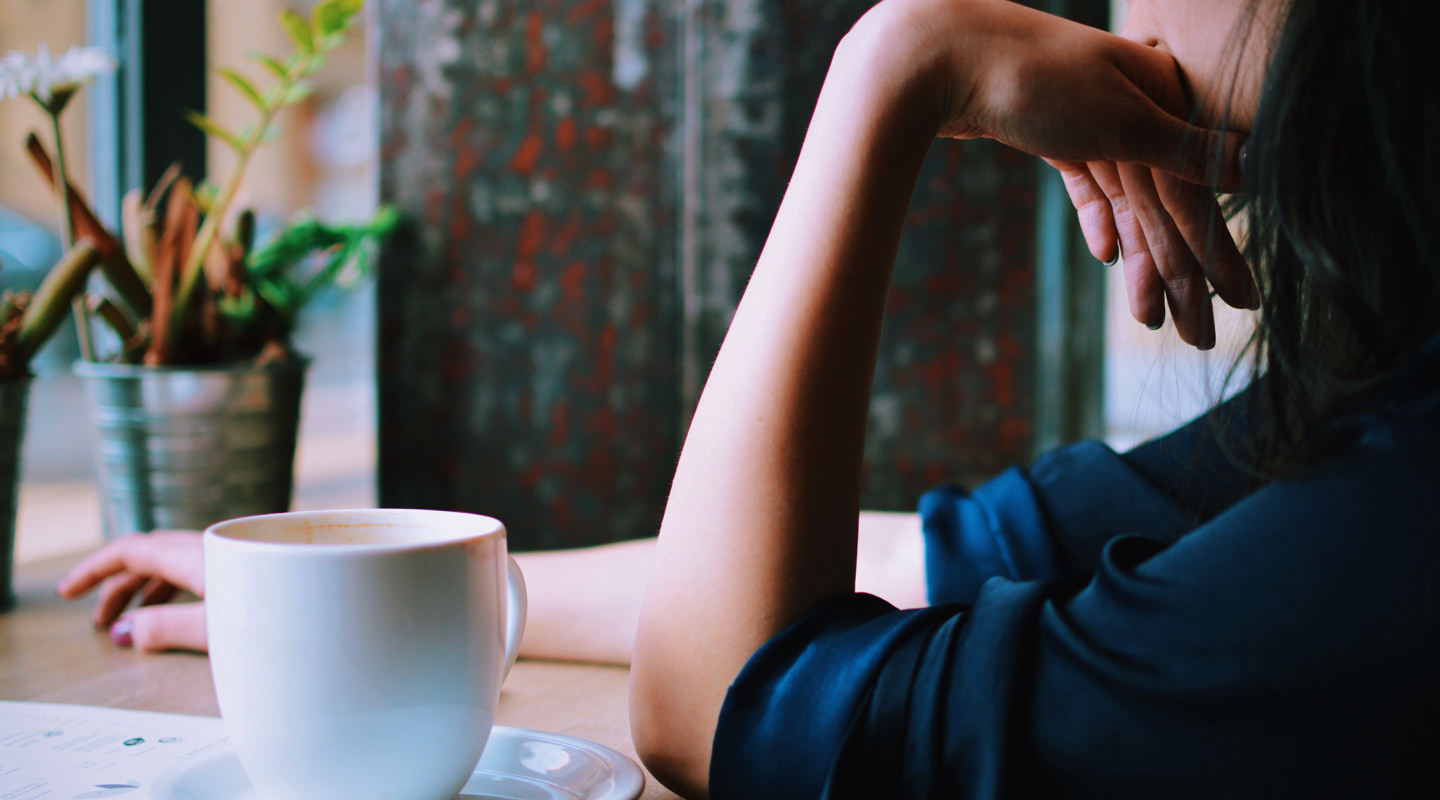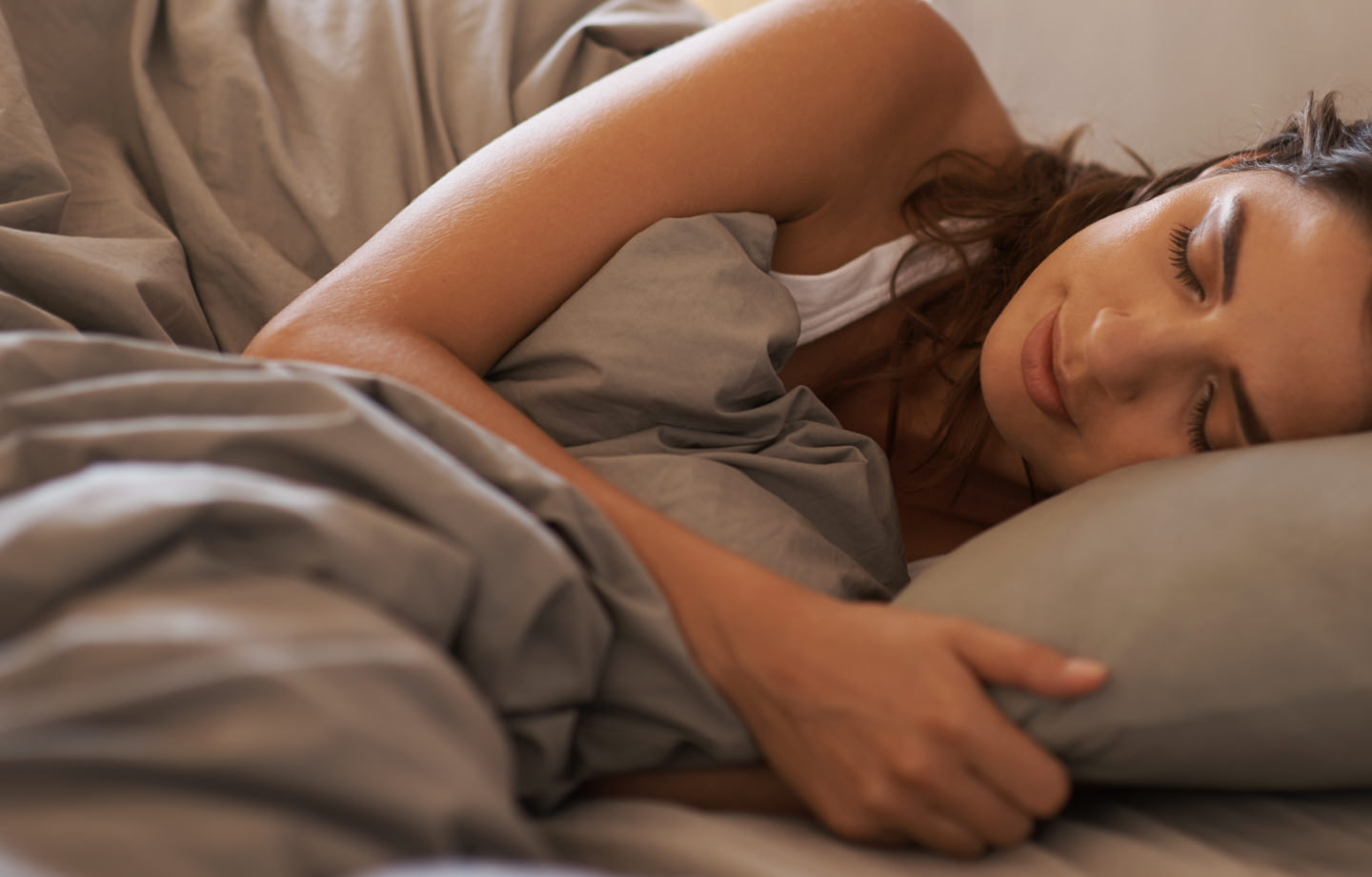We are constantly being bombarded with alerts and notifications, emails, commercials, status updates, and more. We are stressed out, over-worked, over-caffeinated, and stretched thin. It seems that the culture we’ve created is constantly asking more of us — both at work and at home.
Unfortunately, this can wreak havoc on our schedules, our mental and emotional well-being, and of course, our sleep. In fact, 27% of people in a Consumer Reports survey said they had trouble falling asleep or staying asleep most nights. And an estimated 164 million Americans struggle with sleep at least once a week (Consumer Reports). In 2013, almost nine million Americans regularly took prescription sleep aids. That’s a lot of trouble sleeping.
Prescription sleep aids can be dangerous. They can have harmful short term and long term side effects, can be easily overdosed, and can be very habit forming. Additionally, many prescription sleeping pills have been found less effective than promised.
If you have trouble falling asleep, staying asleep, or feeling rested after waking up, you may need to change some of your habits in order to cultivate a healthier night’s sleep. Try these seven things you can do naturally to fall asleep faster and stay asleep throughout the night:
1. Establish a nightly rhythm.
Establishing routines, both in the morning and evening, is a highly underrated practice. Yet, if you ask any successful person whether or not they have a nightly routine, chances are the majority will not only say yes, but also express just how imperative it is to have one. We know that children need routine and structure in order to feel safe. With predictability, they are free to explore, learn, and mature.
However, as we grow older, we don’t grow out of that need for consistency. Routines help us increase efficiency and productivity, keep control over our time and energy, and prioritize what is most important to us. A nightly routine signals to our brains that it’s time to slow down and shut off, helping to fight insomnia and restlessness.
Every person is different; what works for you may not work as well for someone else, so you may have to do some experimenting to find out what works best in your routine. Keep reading for some great practices to begin implementing into your evenings to help you get natural, restful sleep.
2. Try yoga and/or meditation.
Studies have shown that mindfulness, yoga, and general breathing exercises help improve sleep quality by relieving stress, lowering blood pressure, refocusing the mind, and calming anxiety. Our breath becomes shallow when we get stressed, which means we’re not getting the right amount of oxygen to our bodies or brains, which in turn negatively affects our mental and physical performance.
Try taking just ten minutes during your evening routine (or in the middle of your day to ease stress!) and practice a breathing exercise. Use an app like Calm or Headspace for a guided meditation.
3. Put down your devices one to two hours before going to sleep.
For most of us, this might just be the most difficult part of getting ready for bed. After all, we are so extremely connected, constantly checking our devices. Of course, part of this is relaxing. Scrolling your favorite social media or news feed can be entertaining, mind-numbing, or even hypnotizing. However, the light from your phone, tablet, or computer is actually more harmful than you think.
Though there are multiple different types of wavelengths that are omitted from your devices, blue light is the most disruptive. Blue light is essential during the day, as it keeps us alert and awake.
However, during the night, blue light essentially tricks your brain into thinking it’s daytime, disrupting levels of the hormone melatonin. This not only can prevent sleep, but also can in turn contribute to obesity and cardiovascular disease. If you absolutely cannot put your phone down, if you’re up working late into the evening, or if watching TV is a part of your nightly routine, try lessening the amount of blue light that reaches your eyes in one of two ways.
One, reduce the amount of blue light emitted either in the settings on your smartphone (most of them have the option now), or with an app like flux.
Alternatively, you can invest in a pair of blue light blocking glasses like those from Pixel Eyewear. You may even notice that reducing blue light at night not only helps with sleep, but also reduces eye pain or migraines associated with looking at a screen for too long.
4. Avoid caffeine and alcohol.
Drinking a glass of wine to unwind is a common practice. It might even help you fall asleep faster. However, the quality of sleep has been shown to be disrupted by alcohol when consumed before bedtime. Christian Nicholas at the University of Melbourne says that having a nightcap every once in awhile won’t do too much damage … just don’t make a habit of it!
It’s been proven time and time again that caffeine disrupts sleep, making it more difficult to both fall asleep and stay asleep. That being said, caffeine can affect people differently.
Pay attention, experiment, and take note of how much, how often, and what time you’re drinking caffeine so that you can best determine how it affects you personally and the changes you need to make. As a general rule or starting place, try cutting off your caffeine intake by 1PM.

5. Try a natural sleep aid.
Many people may need more than just a routine and some breathing exercises to help get and stay asleep. But before you run to your doctor requesting an Ambien prescription, try a natural, non-habit-forming sleep aid.
Taking a low dose of melatonin or a softgel like this one can help your body’s chemicals get ready for sleep. In addition to melatonin, look for ingredients such as chamomile, L-theanine, passion flower, and valerian root. Taking calcium and magnesium vitamins will also help keep your body balanced and your sleep regulated.
6. Use lavender essential oil.
Essential oils are good for so many things, and sleep is one of them. Take some lavender essential oil and dab a small amount on your wrists and temples, use the inhalation method, or place a drop on your pillow. This helps signal to your brain that it’s time to calm down.
Lavender helps not only with sleep, but also with stress. If you’re feeling anxious, you can apply the same way throughout the day to help you relax and refocus.

7. Make sure you have a good mattress.
Sleeping on a mattress that is either too old or just filled with harmful ingredients can be one of the biggest factors in determining quality of sleep. Most conventional mattresses contain allergens and toxic chemicals that disrupt sleep and are harmful to your health.
This is one of the biggest reasons Avocado Green Mattress was born; we wanted to create something better. Our mattresses are made out of certified non-toxic and organic materials and contain absolutely no toxic dyes, flame retardants, or other harmful chemicals. Plus, they’re dust-mite resistant and hypoallergenic.
This means you can enjoy a good night’s sleep, tonight and every night.
There are many things that can contribute to poor sleep. If you think you may have a sleep disorder, food allergy or sensitivity, anxiety, depression, or a thyroid, autoimmune, or chronic fatigue disorder, consult your doctor and consider getting tested.
Whether you have a terrible time sleeping, want to learn how to decrease dependence on prescription sleeping pills, or just want to learn how to increase the quality of your sleep, implementing these seven things into your evening can greatly impact the most important part of your day – leading to a happier, less-stressed, and more productive you.

Shop Pillows
The Essential Organic Pillow Collection
Gentle, breathable, non-toxic support.






